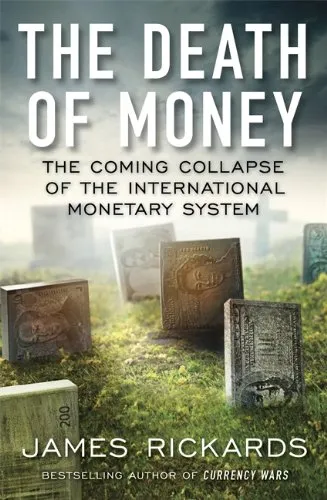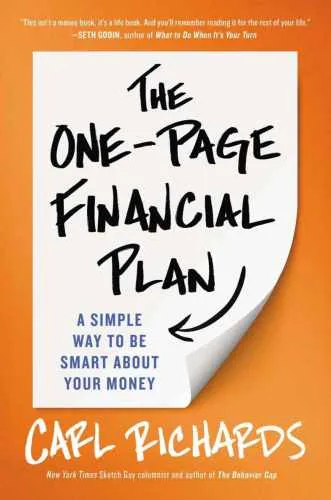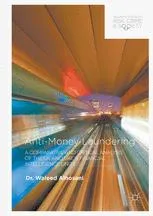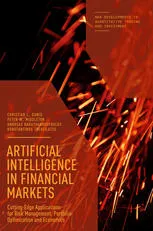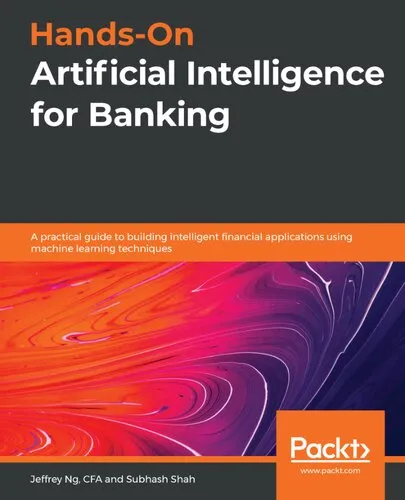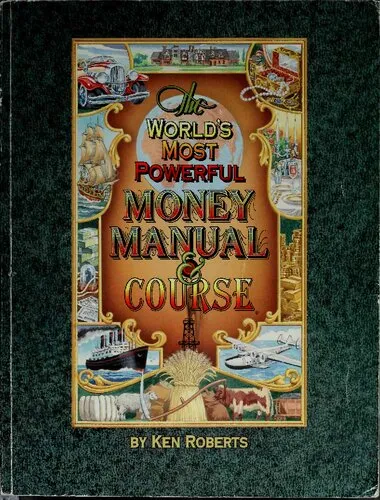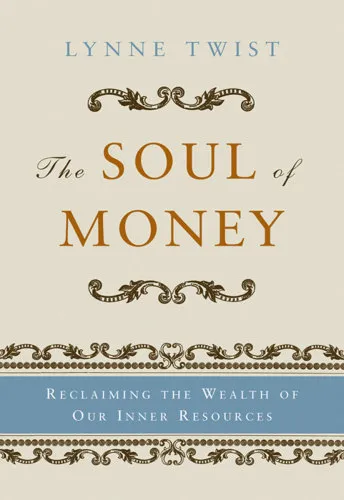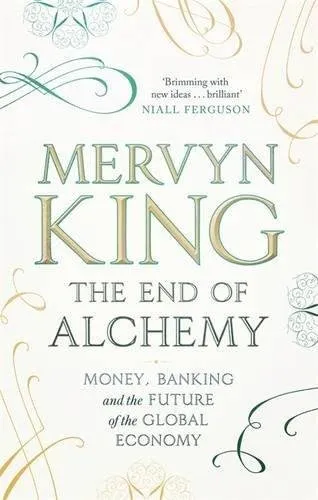The Death of Money: The Coming Collapse of the International Monetary System
4.2
Reviews from our users

You Can Ask your questions from this book's AI after Login
Each download or ask from book AI costs 2 points. To earn more free points, please visit the Points Guide Page and complete some valuable actions.Related Refrences:
Introduction to "The Death of Money: The Coming Collapse of the International Monetary System"
"The Death of Money: The Coming Collapse of the International Monetary System," authored by James Rickards, delves into the precarious position of the global financial system. This book outlines the inevitable downfall of the current monetary regimes and provides a comprehensive view of how the collapse might unfold. With an analytical approach, Rickards details the vulnerabilities inherent in today's financial system and offers prescriptions for how individuals and policymakers can prepare for what lies ahead.
Detailed Summary
In "The Death of Money," Rickards elucidates the concept that the international monetary system is on the brink of a seismic shift. He argues that the complexity and interconnectedness of global finance have reached a point where resilience is diminishing. The book is divided into detailed sections that explore the historical patterns of previous monetary collapses, the current systemic risks in the global economy, and the role governments and financial institutions play in exacerbating these risks.
Rickards provides an in-depth analysis of the financial crises that have plagued the modern world economy, examining factors such as currency wars, the hidden destabilization of economies through excessive government debt, and the manipulation of international currency exchange rates. One of the core ideas presented is the destabilizing impact of derivatives and other financial innovations which, while purporting to mitigate risk, have instead created unmanageable systemic vulnerabilities.
He further discusses the decline in confidence surrounding the U.S. dollar as the world's reserve currency and the corresponding rise of alternative frameworks, such as China's financial prowess and the potential for gold-backed currencies. All the while, Rickards emphasizes the importance of preparing for a future where the conventional reliance on the dollar may no longer hold true.
Key Takeaways
- The global financial system is precariously balanced and faces the threat of a collapse.
- Current monetary policies and excessive printing of fiat currencies have weakened currency values.
- Gold remains a critical asset during monetary instability and offers protection against currency devaluation.
- Investors and governments must prepare for seismic changes in financial norms through strategic diversification and understanding of systemic risks.
- Potential solutions and strategies are presented to mitigate the fallouts of a global financial collapse.
Famous Quotes from the Book
"In the world of finance, a small leak can sink a mighty ship."
"Complex systems, including financial ones, are a little like tightrope walkers—they can be stable for a period of time, but they have no middle gradients, no margin for error, and no second chances."
Why This Book Matters
"The Death of Money" serves as both a wake-up call and a guidebook. Its importance lies in its ability to articulate the often unseen and misunderstood vulnerabilities of our economic landscapes. Rickards' expertise and insider perspective provide readers with insights into complex financial mechanisms that could have catastrophic outcomes for economies worldwide if ignored. This book is essential for investors, policymakers, and anyone concerned with economic security to grasp the unfolding narrative of the international monetary system’s fragility and the urgent need for strategic planning.
By exploring historical economic patterns and current financial intricacies, Rickards not only highlights the challenges ahead but also provides practical advice on navigating potential disruptions. His analysis underscores the importance of understanding and anticipating economic transformations, thus empowering individuals to safeguard their financial future in an era of uncertainty.
Free Direct Download
You Can Download this book after Login
Accessing books through legal platforms and public libraries not only supports the rights of authors and publishers but also contributes to the sustainability of reading culture. Before downloading, please take a moment to consider these options.
Find this book on other platforms:
WorldCat helps you find books in libraries worldwide.
See ratings, reviews, and discussions on Goodreads.
Find and buy rare or used books on AbeBooks.
1346
بازدید4.2
امتیاز0
نظر98%
رضایتReviews:
4.2
Based on 0 users review
Questions & Answers
Ask questions about this book or help others by answering
No questions yet. Be the first to ask!
